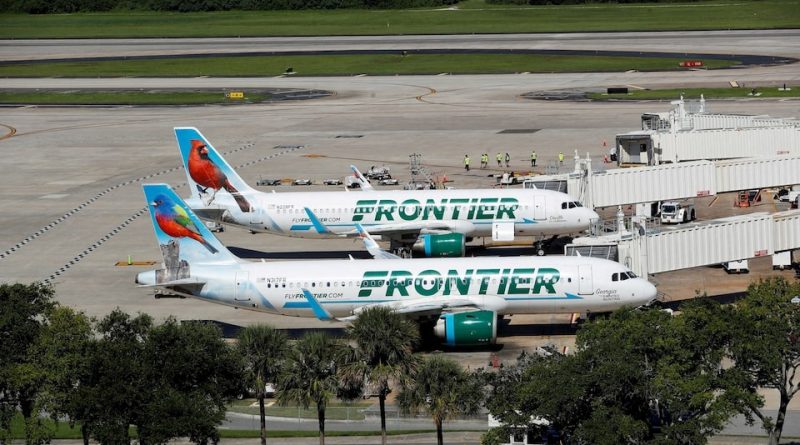US Senate Scrutinizes Low-Cost Airlines: Competition Soars, Fares Stay Friendly
In a pivotal session, the CEOs of Frontier and Allegiant Airlines will testify before the US Senate, highlighting the vital role of low-cost carriers in fostering competition, lowering fares, and enhancing consumer choice across America’s aviation sector.
The US Senate is set to convene a key hearing on airline competition this week, placing a spotlight on the growing influence of low-cost carriers in the American aviation market. Frontier Airlines CEO Barry Biffle and Allegiant Airlines CEO Greg Anderson are scheduled to testify before the Senate Judiciary antitrust subcommittee, joined by industry experts and representatives from major airlines, in a discussion expected to emphasize the benefits of competitive pricing, expanded travel options, and improved customer experience.
The hearing arrives at a time when air travel demand is robust, and low-cost carriers are reshaping the landscape for domestic and leisure travelers. Advocates for the sector argue that these airlines have introduced historically low fares, providing more Americans access to air travel than ever before, while simultaneously challenging legacy carriers to innovate and elevate their service offerings.
Airlines for America, the industry group representing major carriers including United, Delta, and Southwest, underscored the significance of healthy competition in sustaining affordable fares and quality service. Their representatives emphasized that low-cost airlines not only drive competition but also contribute to record-high travel demand across the nation. “Robust competition ensures more options for consumers, improves efficiency, and maintains high standards of service,” the group noted in advance of the hearing.
The CEOs of Frontier and Allegiant Airlines are expected to provide insight into how their airlines navigate the complexities of modern aviation while keeping ticket prices accessible. Both carriers have pioneered ultra-low-cost models that focus on lean operations, point-to-point routes, and innovative customer experiences. According to analysts, this business approach has expanded travel accessibility for millions of Americans and stimulated regional tourism markets.
The Senate hearing will also examine challenges facing the aviation sector, including infrastructure constraints, air traffic control limitations, and regulatory oversight. Industry leaders point to the nation’s aging air traffic control system as a critical area for improvement, noting that modernization could enhance efficiency, reduce delays, and further strengthen the competitive environment for all airlines.
Frontier Airlines confirmed its participation in the hearing, highlighting its commitment to open dialogue with policymakers and regulators. Allegiant Airlines is expected to provide a comprehensive overview of its operational model and contribution to increasing competition in the market.
Legacy carriers, while participating indirectly through representatives from Airlines for America, are expected to provide their perspective on balancing competition with service quality and financial sustainability. United Airlines CEO Scott Kirby has previously commented on the evolving landscape, describing the ultra-low-cost airline model as an experiment that challenges traditional market norms and encourages innovation.
Observers note that the hearing presents an opportunity for lawmakers to evaluate how regulatory frameworks can support both competition and safety in aviation. With rising travel demand and evolving consumer expectations, the focus remains on ensuring that Americans continue to enjoy reliable, affordable, and safe air travel options.
Experts testifying at the hearing will include law professor Ganesh Sitaraman from Vanderbilt University and Bill McGee, senior fellow for aviation and travel at the American Economic Liberties Project. Their contributions are expected to highlight the economic and social benefits of a competitive airline industry, emphasizing the importance of innovation and accessibility.
The discussion also touches on broader industry trends, including technological advancements, sustainable practices, and the integration of customer-focused strategies. By promoting efficiency and value, low-cost carriers are helping redefine the standards of air travel in the United States.
As the Senate hearing unfolds, policymakers, industry leaders, and consumers alike will gain valuable insight into how competition, innovation, and strategic investments in infrastructure can continue to make air travel more accessible and affordable for millions of Americans. The testimony of Frontier and Allegiant Airlines’ leadership is poised to reinforce the critical role of low-cost carriers in shaping a dynamic, competitive, and consumer-friendly aviation sector.



